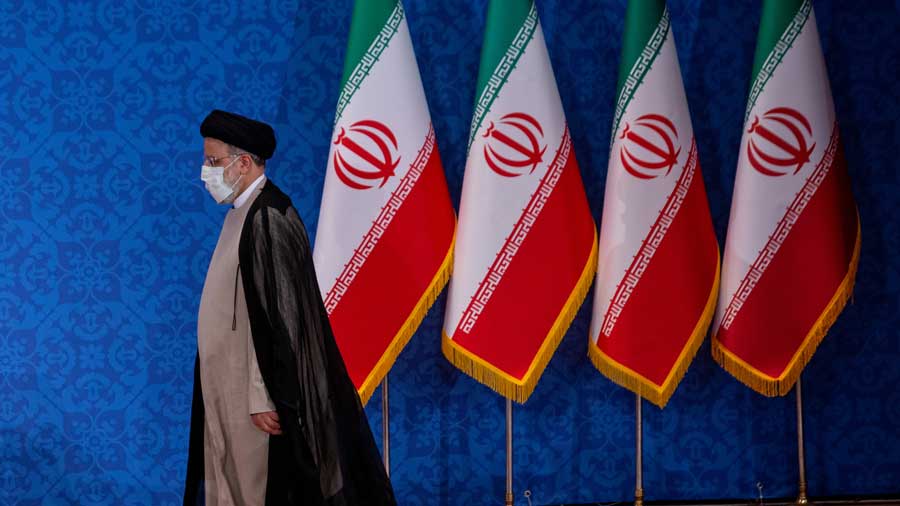Is this the final hour of reformism in Iran? Ebrahim Raisi’s ‘election’ as president of the country has fuelled such concerns in Iran and around the world. Mr Raisi — his ties with the supreme leader, Ayatollah Ali Khamenei, as well as with the influential military are said to be silken — was unsurprisingly deemed to be the most fitting candidate by a hawkish Guardian Council. Indeed, Mr Raisi is widely viewed to be the Establishment’s favourite figure, having served as chief justice, and his tenure, it is believed, would strengthen the hold of the conservatives on Iran’s key institutions. That cannot be reassuring for the reformist forces, but it is evident that this round of political tussle between Iran’s hawks and doves has gone in favour of the former. This is likely to have a considerable impact on the agenda to usher in incremental — liberal — changes to the country. The setback suffered by the moderates can be attributed to an interesting factor. Donald Trump’s decision to discourage Hassan Rouhani’s outreach to the West — the United States of America imposed tough sanctions on Iran and withdrew from the nuclear deal under the maverick leader’s watch — was influential in changing the mood in Iran, strengthening the hands of the conservatives. Iran’s voters seem to be equally disenchanted with the political trajectory of Tehran. After all, the voters’ turnout was the lowest in this presidential election since the inception of the republic.
However, Mr Raisi can expect the principal challenges to emerge from the international front. Given the current political temperament in Iran, it is unlikely that the new president would press for the opening up of the nation’s economy even though such a step could have soothed the ruffled feathers in the West. It would also be interesting to see whether Mr Raisi’s radical views permit him to allow international inspection of Tehran’s nuclear facilities, something that could go a long way in facilitating a new nuclear pact and the removal of sanctions. Given the slippery nature of the diplomatic terrain, it would make sense for Mr Raisi to shore up public support domestically. For this to happen, Iran’s president must encourage a slow embrace of a reformist ethic by his administration and desist from crushing freedom and liberty. But these tasks could well be anathema to his ideological inclination.











